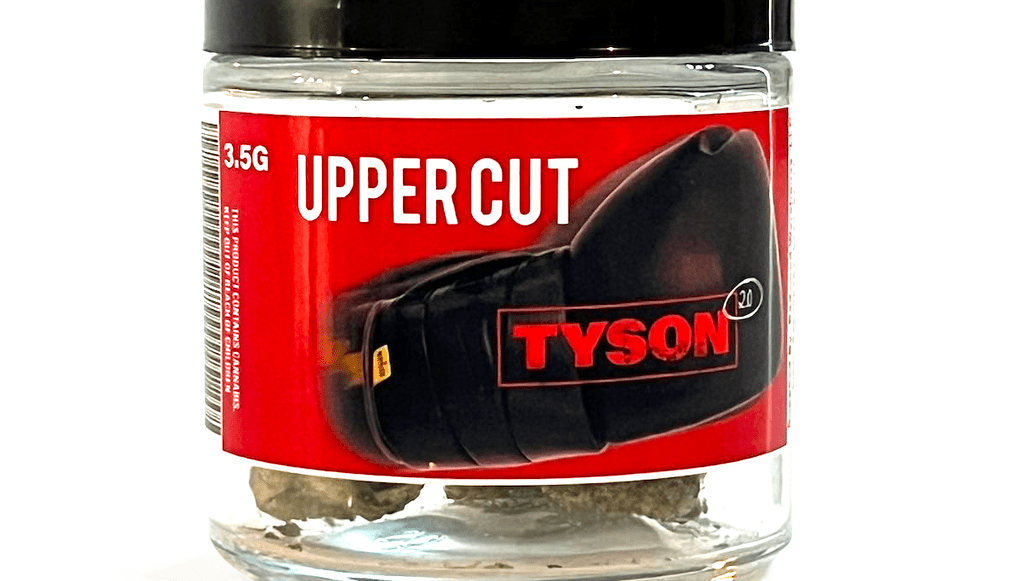In recent years, celebrity and influencer vape brands have become one of the biggest trends in cannabis and nicotine culture. Big names from sports, music, and entertainment are leveraging their star power to launch lines of disposable vapes and cannabis cartridges. These products often attract curious fans, but the question remains: do they deliver genuine quality, or are they just riding on celebrity hype?
Big Names in the Spotlight
Mike Tyson’s Tyson 2.0—sometimes branded as Vape Tyson—is among the most high-profile examples. The boxing legend’s tough persona helps the brand stand out, but consumer reviews have raised questions about performance. A VapeBeat review highlighted recurring issues with “awful quality control,” including device malfunctions and inconsistent flavor delivery.
Former NBA star Dennis Rodman has also joined the movement with Rodman Vape. His devices are priced at $9.99 and marketed with eye-catching puff counts of up to 9,000 per unit. A Vape Juice News review notes that while puff count claims seem exaggerated, the flavor is surprisingly solid for the price, and the built-in battery display adds convenience.
Meanwhile, rapper and actor Ice-T recently launched a product aptly named Peach Ice-T, blending peach and iced tea flavor notes. Leafly points out that this vape’s novelty is driving interest, though technical reviews are still scarce.
How Consumers Really Feel
Across online reviews and vape forums, the most common feedback about celebrity brands is inconsistency. Many users report devices that leak, burn out prematurely, or fail to meet puff count promises. Tyson’s products in particular have been criticized for unreliable performance, while Rodman’s line earns more forgiving comments thanks to its low price point and adequate flavor.
The lack of transparency is another red flag. Unlike established premium vape brands that publish lab results, most celebrity-backed products provide little information on safety testing. Without detailed reports on heavy metals, solvents, or terpene content, customers are left to trust the marketing rather than hard data. This gap in accountability has already caught regulators’ attention: in late 2024, the FDA issued warning letters to distributors of celebrity vape lines for improper labeling and marketing practices.
The Allure of Star Power
Celebrity endorsement gives these products an instant advantage. Fans of Tyson, Rodman, or Ice-T are often willing to try a branded vape out of curiosity or loyalty. This creates quick market traction and heavy social media buzz. Yet celebrity appeal alone cannot sustain a brand if the underlying product lacks consistency or long-term quality.
When the Smoke Clears
Most celebrity vapes are built using standard white-label devices from manufacturers who also supply lesser-known brands. This means the performance often comes down to the same coil designs, chamber builds, and quality control practices found in generic devices. Without significant investment in better engineering or stricter testing, celebrity lines risk fading once the novelty wears off.
Final Puff
Celebrity vapes are best seen as a cultural trend rather than a guarantee of superior quality. Fame may provide the spark that gets a product noticed, but reliability, transparency, and trust are what keep customers coming back. Some celebrity brands may evolve into serious players if they raise their quality standards, but for now, consumers should approach them with measured expectations. Sampling a celebrity vape can be fun, but depending on it as a daily go-to remains risky until the hype is backed by proven performance.

